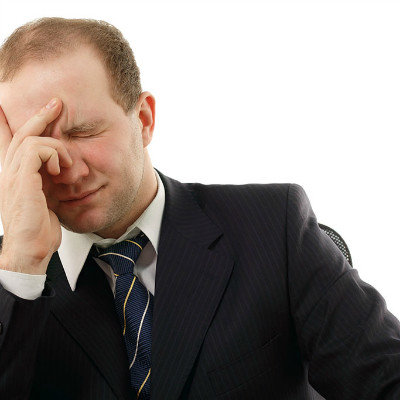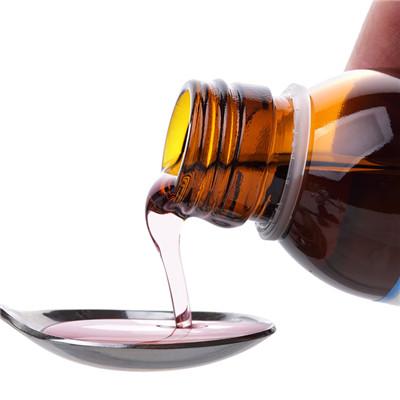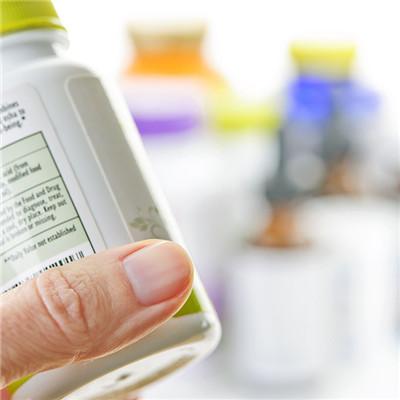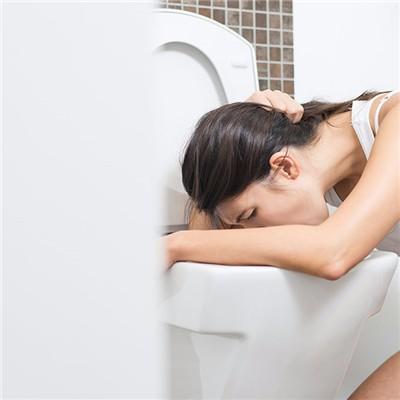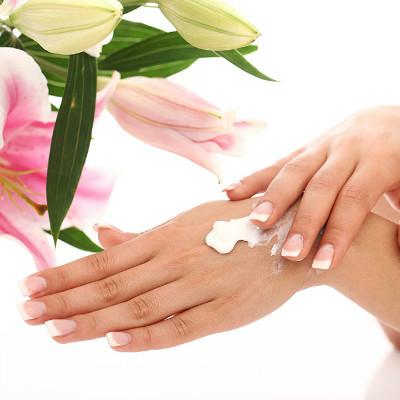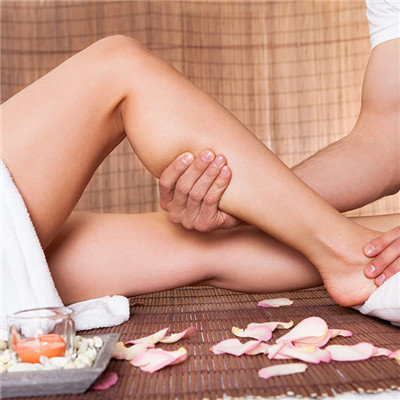What medicine does prostatitis take to treat
summary
The occurrence of chronic prostatitis disease has brought too much harm to our patients. When chronic prostatitis occurs, we should not delay the time of treatment. We should make good treatment as soon as possible, seize the best opportunity of treatment, so that we can get rid of the trouble as soon as possible. Next, I will share what medicine to take for prostatitis. Hope to help you.
What medicine does prostatitis take to treat
Drug 1: antibacterial treatment, prostatic fluid culture, the discovery of known urinary tract pathogens is the basis for the selection of antimicrobial therapy. If rare pathogens or symbiotic bacteria are found in the urogenital tract, they can not be identified as pathogenic pathogens. If there are signs of bacterial infection in patients with non bacterial prostatitis, it is also appropriate to use antibiotics.
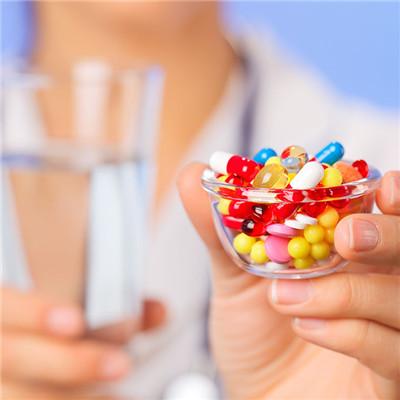
Drug 2: anti-inflammatory and analgesic drugs, non steroidal anti-inflammatory drugs can improve symptoms, generally use indomethacin orally or suppositories, traditional Chinese medicine use anti-inflammatory, heat clearing, detoxification, soft hard drugs also received a certain effect. Allopurinol can reduce the concentration of uric acid in the whole body and prostatic fluid. Theoretically, as a free radical scavenger, allopurinol can also remove reactive oxygen species, reduce inflammation and relieve pain. It can be regarded as an alternative adjuvant therapy.
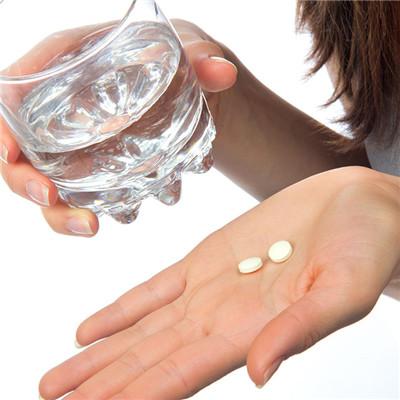
Drug 3: physical therapy, prostate massage can empty the concentrated secretion in the prostate tube and drain the infection focus in the gland obstruction area. Therefore, for stubborn cases, prostate massage can be done every 3-7 days while using antibiotics. A variety of physical factors have been used as prostate physiotherapy, such as microwave, radio frequency, ultrashort wave, medium wave and hot water hip bath, which has certain benefits for relaxing prostate, posterior urethral smooth muscle and pelvic floor muscle, strengthening antibacterial effect and relieving pain symptoms.
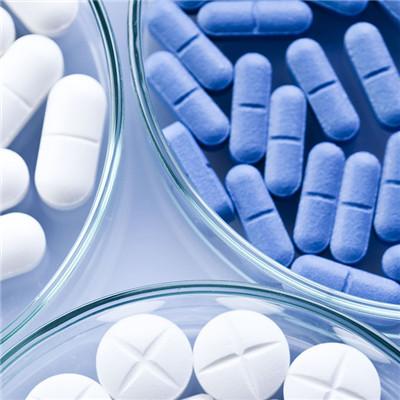
matters needing attention
Here I would like to give you a warm reminder: white collar workers working in the office for a long time. Often sitting at work may squeeze the prostate for a long time, causing local blood circulation, blood stasis, prostate disease and dysuria.

